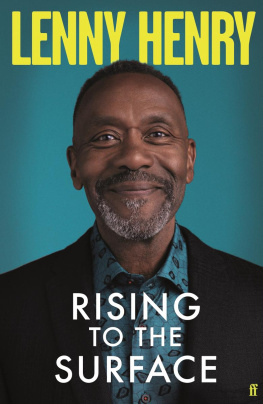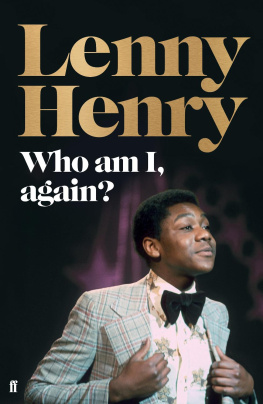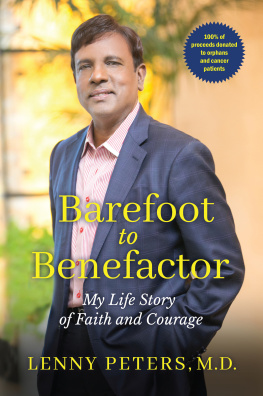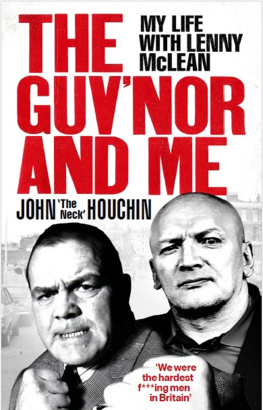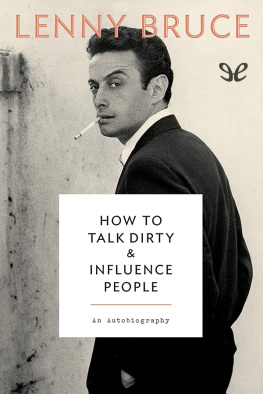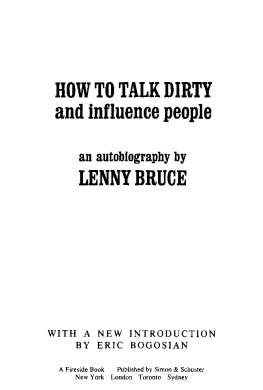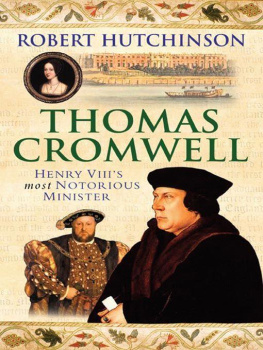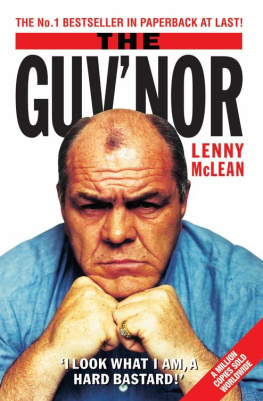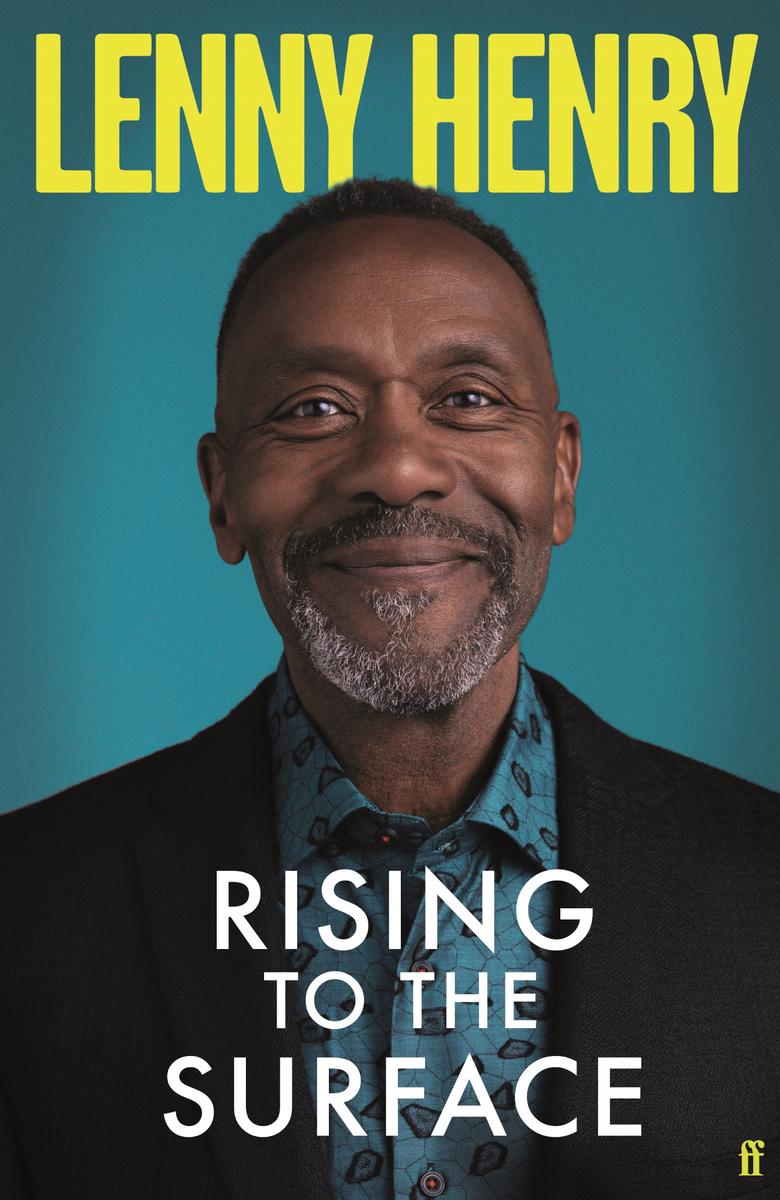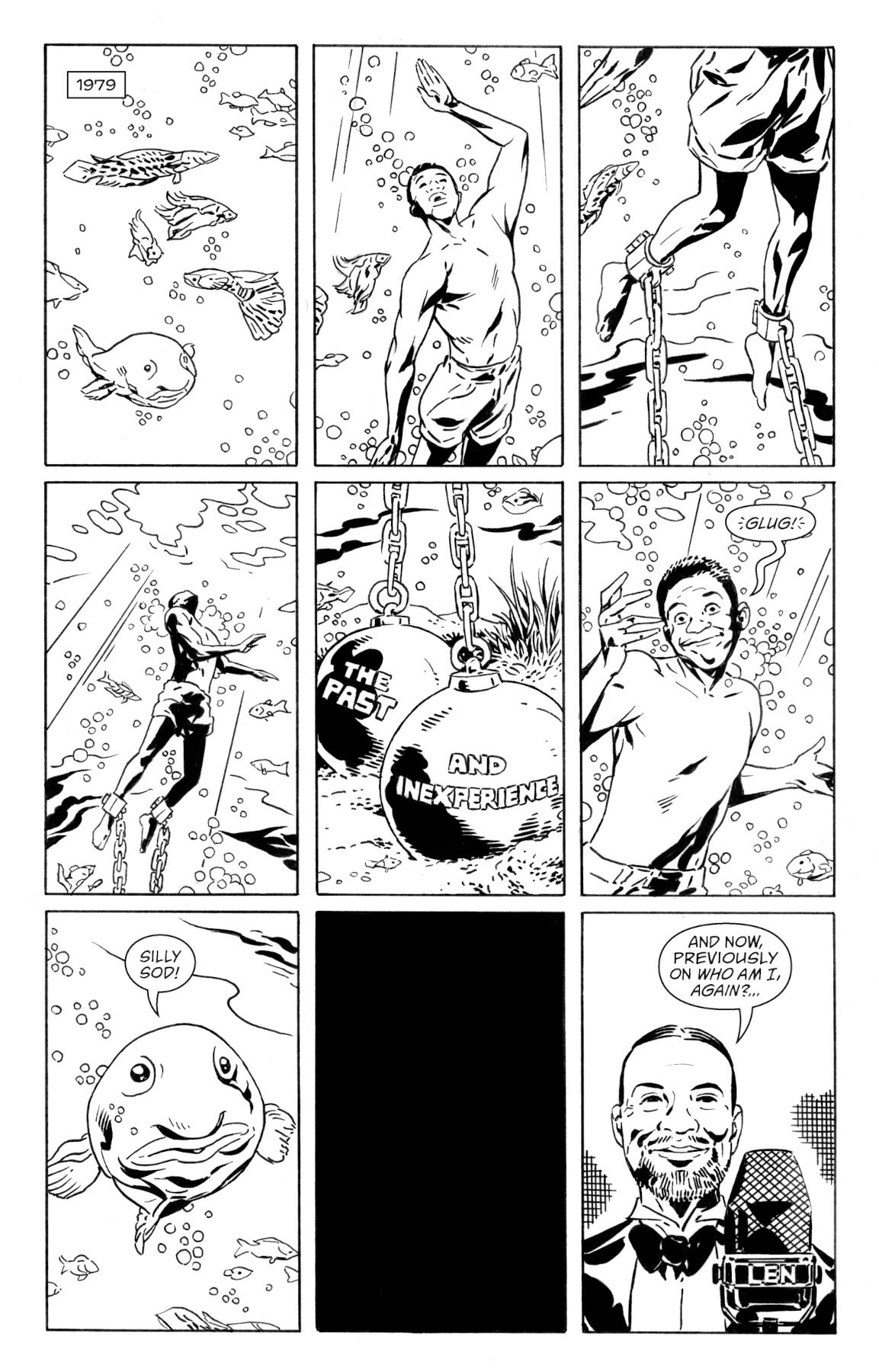To every single writer.
To the Henrys and the Parkers
It began with my mum, Mrs Winifred Henry, arriving in the UK in 1957 at the behest of her brother, Clifton, who sent her a letter which said:
Dear Winnie Come to Dudley in England. There are plenty of jobs here, some of which pay up to 30 shillings a week.
P. S. Bring me a wife.
Love, Clifton.
On arrival in the West Midlands she met a factory worker, Albert Bertie Green, and they soon became soulmates and, not too long afterwards, my co-parents.
This is where I enter the story.
Thereafter, I was raised in a noisy household (especially after my dad, Winston Henry, arrived and found baby Len there) and grew up among school mates who would rub my hair and ask if it was Velcro, or quiz me on which part of Africa I was from, or advise me to scrub myself with Brillo pads to see if the black came off.
To put Dudley into context: dont forget were not very far from Smethwick, where a Conservative MP called Peter Griffiths was elected under the slogan: If you want a n*gger for a neighbour, vote Labour. This was deemed to be the most racist election campaign ever fought in Britain.
Although I didnt realise it at the time, I was being raised in a toxic environment.
Then one momentous day, my mother stood us kids in the hallway and told us we all had to Hintegrate with the people of Dudley, which was a predominantly white neighbourhood. So, liking a challenge, I went out and mixed with everyone I met. Eventually, I became fast friends with Greg Stokes, Mac Cooper and Martin Tommy Thomas buddies for life. They were three white boys from local grammar schools who were older than me, and (the big plus!) they had cars!
The moment I met them, the barriers that had kept me trapped within the walls of the hostile environment were smashed apart; we drove to every pub in the area and demanded alcohol, pork scratchings and the nearest jukebox.
We visited a number of drinking establishments that frowned upon the idea of intermingling with darkies, but Greg, Mac and Tom paid this nonsense no mind. We were there to try a dozen different types of beer and play Motown, Northern Soul and glam rock.
My role within the group was that of court jester. I would do anything I could to make them laugh and splatter Mild and Vimto from each nostril.
From here, it was a natural progression to performing in discotheques and dancehalls across the Midlands, impersonating Elvis Presley, Tommy Cooper, Muhammad Ali, James Stewart, Dave Allen and Deputy Dawg. Soon, Id performed at the Queen Mary Ballroom in Dudley Zoo, the Ship and Rainbow in West Bromwich, and the Summerhill House hotel in Kingswinford. I was hood famous.
But when my newly acquired manager, DJ Mike Hollis, wrote to two TV talent shows and asked them if they were interested in a black impressionist from Dudley, he was blown away when New Faces agreed to give me a try.
I auditioned in 1974, when I was fifteen, and told no one in my family I was bunking off school that day it could have meant trouble
The audition was exhilarating and fun. I got a huge round of applause from the audience and almost floated out of there. I was in!
Having passed the audition, Mike Hollis drove me back home and dropped me off at my front door. However, I was shocked when Mum interrogated me about my whereabouts that day, then made me perform the entire act on the front doorstep before shed let me come in the house for my dinner!
My television debut on Saturday 8 January 1975 was seen by around sixteen million people. Life changed considerably thereafter. I was suddenly that black kid off the telly who does impressions.
I was now nationally famous.
From here I was plunged into an insane thousand-miles-an-hour tidal wave of hard knocks and even harder-won lessons: i.e. always listen when Big People are talking through a deal on your behalf, or you might end up acting the fool in a damn minstrel show and then have to cope with the aftermath (i.e. the everlasting shame, smothered in a duvet of depression). I worked with Robert Luffs Black and White Minstrels from 1975 to 1979 on and off. I was eventually brave enough to beard him in his den and tell him that I was quitting. Then I waited to see what would happen next.
This book resumes my story in 1980, when I was booked for a summer season with Cannon and Ball at the North Pier in Blackpool, and also inked in for another season of the anarchic Saturday-morning extravaganza known as Tiswas. Life was starting to show promise.
It felt like Id been well and truly chucked in at the deep end once more and it was up to me to see if I could claw my way to the surface and doggy-paddle to victory. Welcome to Rising to the Surface
Late 1970s, Early 1980s
Summer Shows and Tiswas
I soon realised that the entertainment industry was a reluctant bedfellow at times. Just when you thought you had an equal share of the eiderdown, youd wake to find yourself with an ice-cold rear end and no cover at all.
My every advance was marked by a resounding KER-THUMP as I flew twelve steps backwards. Just as I thought I was heading for success, Id do a bad show, or a producer would lose interest, or a series would get cancelled. Its the way of the world of entertainment: sometimes its just not your turn.
In the early days, I honestly believed that the only reason people were laughing at my routines and this is hard to admit now was that a black kid doing impressions of Tommy Cooper, Dave Allen and Max Bygraves was an oddity. Like a dog on a skateboard or a black person reaching the final of UK MasterChef, it was something they didnt expect to see or hear. But I persevered, in the hope that this potential that everyone kept talking about would make itself known to me at some point.
It was hard work, though, and potential, like the artistic muse, must be wooed diligently, gracefully and persistently. You cant just sit around and expect these things to appear and bestow their many gifts on you; you gotta get up, strip to your long johns, pick up a shovel and dig all the way down till you cant dig no mo. Thats a direct quote from Keats, by the way.
Thankfully, my overzealous work rate, enthusiasm and determination forced that upon me. Throughout this book the word potential is used in its true sense, as in:
Potential: having or showing the capacity to develop into something in the future.
And also in my sense, as in: When will this potential thing happen, then?
If youve never experienced a British summer season, the idea is simple. Just like Jewish folk decamping to the Catskills to enjoy the charms of endless food, swimming, boating, camping and relentless stand-up comedy and songs from Broadway shows, the British seaside was a similar destination for middle- and working-class people to let down their hair and go wild for two weeks every year. Usually, as spring rolled around, each resort whether it was Bournemouth, Blackpool, Bridlington, Torquay, Weston-super-Mare, Morecambe or Great Yarmouth would prepare its hotels, amusement rides, penny arcades and beaches for a raving onslaught of demanding families looking for an inexpensive good time to be had by all.

